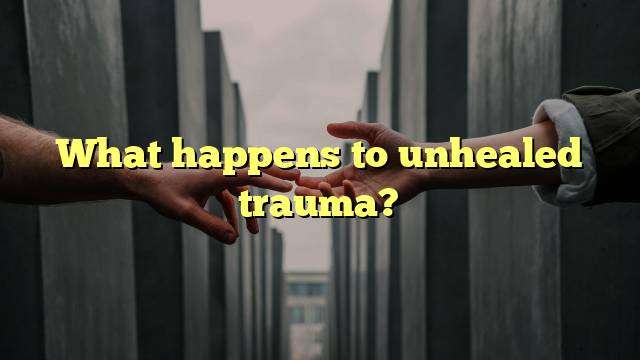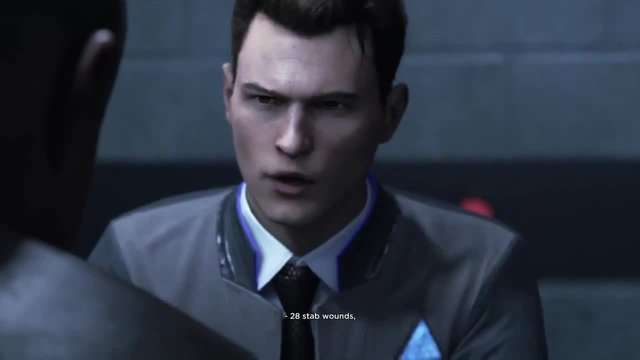Unhealed Trauma: What Are the Consequences?
Trauma is an incredibly common experience that can have a major impact on a person’s life. When unhealed, trauma can manifest in physical and mental health issues, as well as in long-term behavioral patterns that can limit a person’s quality of life. Understanding the potential consequences of unhealed trauma can help people identify when they might need to seek help.
Mental Health Issues
The most common consequence of unhealed trauma is an increase in mental health issues. The range of mental health problems that can be caused by trauma can include anxiety, depression, post-traumatic stress disorder (PTSD), and more. People who experience trauma and do not receive the appropriate treatment for it may also be more likely to develop substance abuse and addiction problems.
Physical Health Issues
Unhealed trauma can also cause physical health issues, such as high blood pressure, stroke, heart attack, and other cardiovascular problems. Trauma can also cause changes in the body’s hormone levels, which can lead to digestive issues, fatigue, headaches, and other physical symptoms.
Behavioral Patterns
Unhealed trauma can also lead to long-term behavioral patterns that can be difficult to break. For example, people who have experienced trauma may find themselves engaging in self-destructive behaviors, such as abusing drugs or alcohol, engaging in risky behavior, or engaging in self-harm. People who have experienced trauma may also feel a heightened sense of anxiety or fear, and may feel like they are constantly on guard or in a heightened state of alertness.
Treatment for Unhealed Trauma
The good news is that there are treatments available for unhealed trauma. Cognitive Behavioral Therapy (CBT) and Eye Movement Desensitization and Reprocessing (EMDR) are two of the most common forms of trauma therapy. CBT helps people identify and challenge negative thought patterns, while EMDR helps people reprocess and integrate traumatic memories. Other forms of therapy, such as Dialectical Behavioral Therapy (DBT) and Acceptance and Commitment Therapy (ACT), can also be helpful in treating trauma.
In addition to therapy, there are other treatments that can be helpful in managing unhealed trauma. Medications, such as antidepressants and anti-anxiety medications, can be helpful in reducing symptoms of trauma, as can lifestyle changes such as exercise, yoga, and mindfulness practices. It is important to seek help as soon as possible if you think you are experiencing the symptoms of unhealed trauma, as the longer the trauma is unhealed, the more difficult it can be to treat.
Unhealed trauma is an incredibly common experience and can have a major impact on a person’s life. It is important to understand the potential consequences of unhealed trauma, as well as the various treatments that are available. If you think you are experiencing symptoms of unhealed trauma, it is important to seek help as soon as possible in order to begin the healing process.




